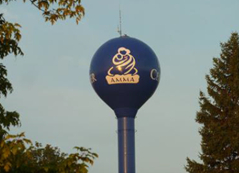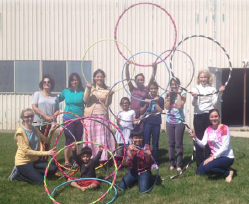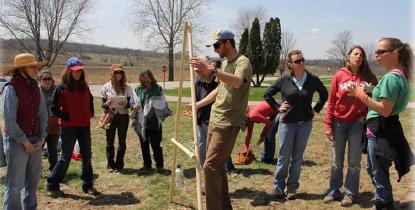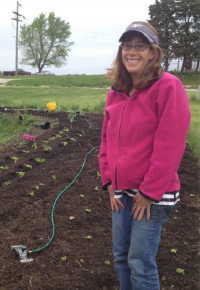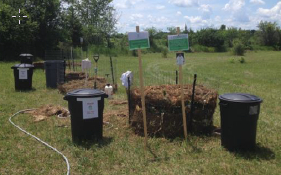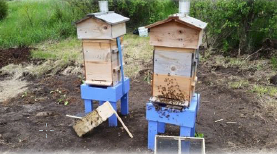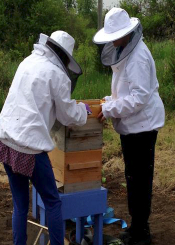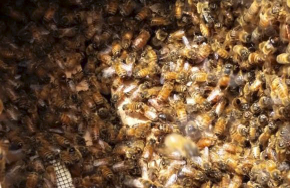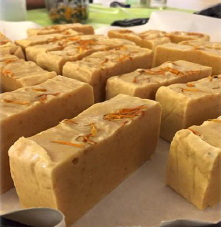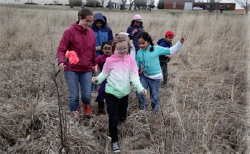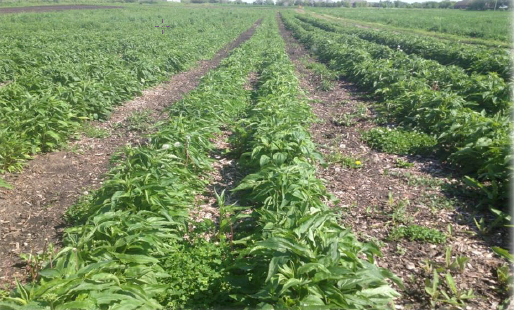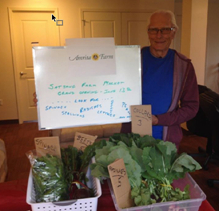
Home >> Friends of GreenFriends
| Home | Source Reduction | Friends of Green Friends | Newsletters |
| Gardening | Resources | What You Can Do | Embracing The Trees |
| Chicago GreenFriends |
|
|
| MA Center Chicago (MACC) currently has many GreenFriends initiatives that include food forest with Hugelkultur swales, rain water recycling, green house and community garden, salsa project, composting and recycling, natural bee keeping, soap making, meadow restoration, youth education and nature experiences, tree planting, silent auction and hula hoop fundraiser. In addition, we are involved with the Echinacea Enterprise and partners with an organic vegetable Community Supported Agriculture (CSA) for production of chemical-free, naturally grown vegetables, both located on our campus. |
| Plastic Challenge Silent auction Hula Hoop workshop Food Forest Greenhouse and Community Garden Salsa project Composting and Recycling Beekeeping Handmade soap and natural products project Meadow restoration Youth education Tree planting Echanacia enterprise Organic vegetables |
 |
| MA Center Chicago Responds to the Plastic Challenge
Residents and community members from the Chicago MA Center have responded to the Plastic Challenge in a variety of ways, from recycling, to reusing plastic bags, to using alternative shopping bags, to using glass instead of plastic bottles, and many more source reduction strategies. |
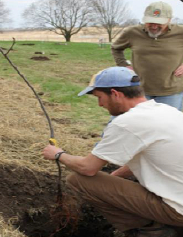 |
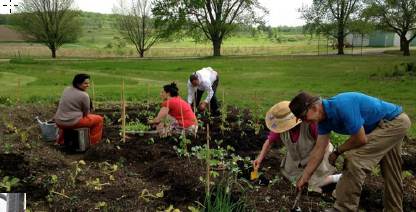 |
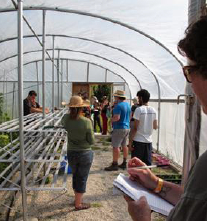 |
| Tree Planting |
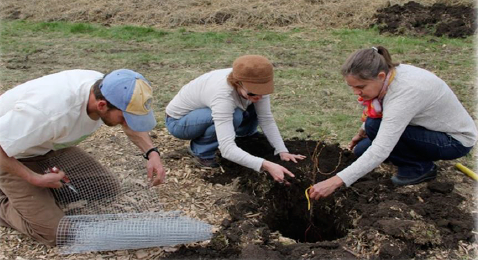 |
| Tree planting has been ongoing since MACC opened in May, 2012. Trees for shade, trees for food, trees to memorialize loved ones. In 2015, an orchard of 250 fruit trees was planted. |
| Home | Source Reduction | Friends of Green Friends | Newsletters | Resources | What You Can Do | Embracing The Trees |
For more information, e-mail info@greenfriendsna.org |
||||||
